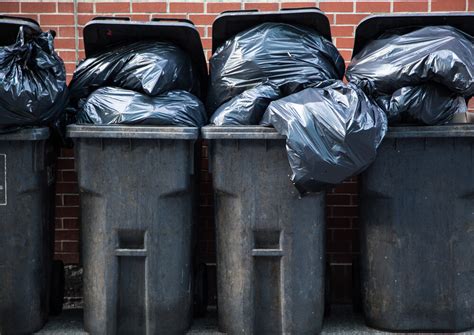It's Only Waste if We Waste It

"Waste" is a term that is often used to describe materials or resources that are no longer useful or needed. The concept of waste, however, is a subjective one. What is considered "waste" is often dependent on cultural and societal values.
Waste is only waste because we are wasting it. In other words, what is considered waste is often a result of our own actions and choices. For example, if we consistently throw away food that is still edible or discard products that could be reused or repurposed, we are contributing to the creation of waste.
On the other hand, if we make a conscious effort to reduce our consumption and reuse or recycle resources, we can significantly reduce the amount of waste that is generated. Waste is not an inherent characteristic of a material or resource, but rather it is a result of how we choose to use, or fail to us, it.
What is considered waste in one society may be valued or used in another. For example, in some cultures, food scraps may be fed to animals or used as compost, rather than being thrown away. The concept of waste is shaped by the values and practices of the society in which it occurs.
Be mindful of your consumption and disposal habits. We can significantly reduce the amount of waste that we generated by embracing a posture of gratitude and creativity to us, reuse, and repurpose those things we might otherwise fail to properly value. What we waste announces what we value. Pay attention to what you might learn from your own trashcan. Remember, it's only waste if you waste it!
Until next time, be pedestrian.
